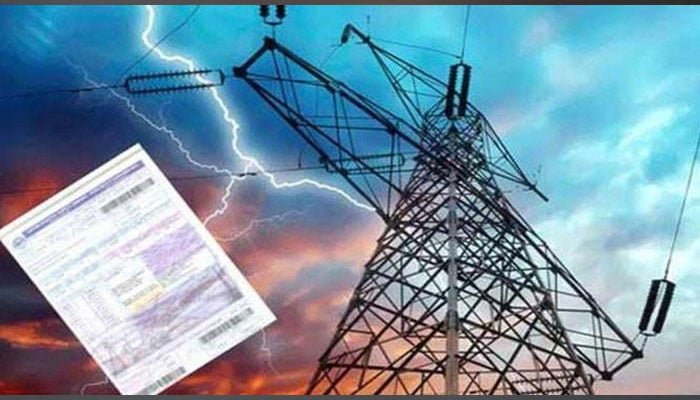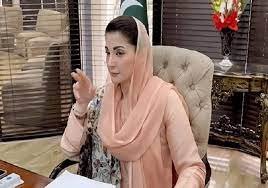The National Electric Power Regulatory Authority (NEPRA) has stirred public outcry by approving a significant increase in electricity prices, exacerbating the burden on consumers already grappling with inflationary pressures. The decision, which affects the entire country including Karachi, entails a surge of Rs 2.75 per unit in electricity tariffs, marking a substantial escalation in the cost of this essential utility.
This latest hike, sanctioned for the second quarter of the financial year, comes as a blow to households and businesses already reeling from the economic strain induced by inflation. NEPRA’s decision to escalate electricity prices has been met with widespread consternation, as consumers brace themselves for additional financial burdens in the upcoming months of April, May, and June.
The regulatory authority has forwarded its decision to the federal government, setting the stage for the implementation of the revised electricity tariffs across the nation. With an estimated additional burden of Rs 85.20 billion on consumers, the approved price hike threatens to deepen the financial woes of individuals and enterprises already grappling with rising living costs.
The rationale behind NEPRA’s decision to raise electricity prices remains rooted in the need to address burgeoning financial challenges within the power sector, including mounting operational costs and infrastructural investments. However, critics argue that such measures place undue strain on the populace, particularly those belonging to lower-income brackets, further exacerbating economic disparities and social inequities.
The implications of the electricity price hike extend beyond immediate financial ramifications, potentially impacting the overall cost of living and business operations across various sectors. As consumers face the prospect of higher utility bills, concerns regarding affordability and access to essential services come to the forefront, highlighting the urgent need for comprehensive measures to mitigate the adverse effects of inflation on vulnerable segments of society.
In response to NEPRA’s decision, calls for greater transparency, accountability, and stakeholder engagement have intensified, with demands for more equitable and sustainable approaches to energy pricing and regulation gaining traction. Amidst rising public discontent, policymakers are urged to prioritize the interests of consumers and adopt measures aimed at alleviating financial burdens, fostering economic resilience, and promoting inclusive growth.
As electricity prices surge and inflationary pressures persist, the plight of ordinary citizens underscores the urgent need for holistic strategies to address systemic challenges and safeguard the welfare of the populace. NEPRA’s approval of the electricity price hike serves as a stark reminder of the intricate interplay between economic policy, regulatory governance, and socio-economic well-being, underscoring the imperative for concerted efforts to navigate these complex dynamics in pursuit of a more equitable and sustainable future.



